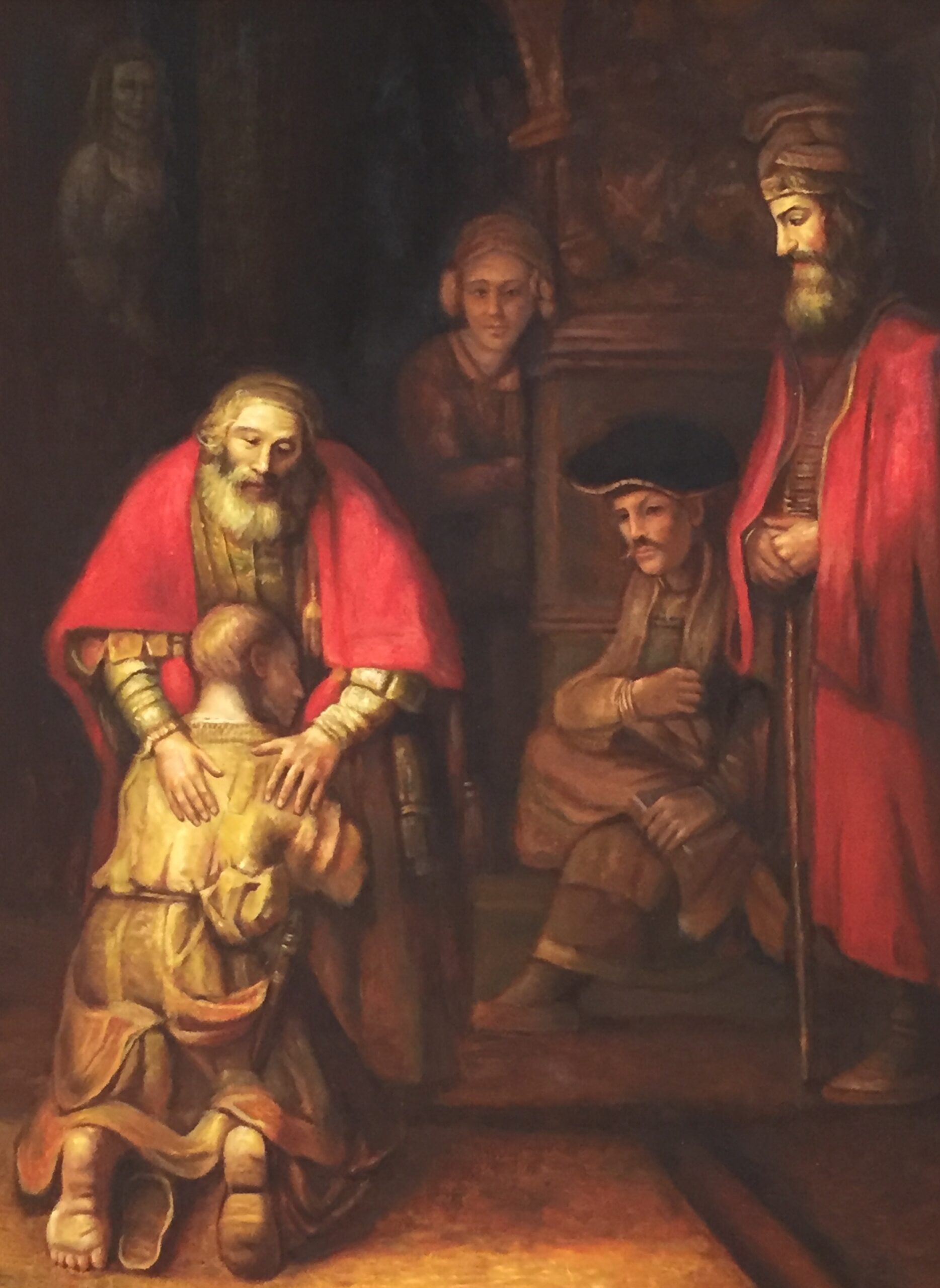Welcome / Fáilte Romhat!
The Franciscan Abbey in Multyfarnham was founded in 1268 and continues to be an active centre of Franciscan mission in Ireland. The only Franciscan Abbey in Ireland still standing on the footprint of its original foundation, the Franciscan fraternity continues its commitment of service from this special place.
CHRISTMAS 2024
Christmas Mass Times
CHRISTMAS EVE |
| 8:30PM Carol Service |
| 9:00PM Christmas Midnight Mass |
CHRISTMAS DAY |
| 10:30AM Christmas Day Mass |

Christmas Confession Times

Saturday, December 21 |
| 11:00AM to Noon |
| 3:00PM to 5:00PM |
Monday, December 23 |
| 11:00AM to Noon |
| 2:00PM to 4:00PM |
Tuesday, Christmas Eve |
| 11:00AM to Noon |
| 2:00PM to 4:00PM |
No Results Found
The page you requested could not be found. Try refining your search, or use the navigation above to locate the post.
Latest Updates
No Results Found
The page you requested could not be found. Try refining your search, or use the navigation above to locate the post.
News
No Results Found
The page you requested could not be found. Try refining your search, or use the navigation above to locate the post.
From the desk of Fr Kieran OFM
Friend or foe? Who’s to know?
In his reflection, Fr Kieran encourages us to look deeper at who is my enemy, and who is my friend.
In our day to day lives, we can react badly to those who challenge us, who call out the error of our ways. We can be like King Ahab in the reading from the first book of the Kings that Kieran takes for his theme. Our instinct can be to see those who challenge us as our enemy and all too often, we don’t wish to either see them nor hear them! But are we too quick to see ‘enemy’ when we might be looking at ‘friend?’
When we read or listen to Scripture, all too often we can find ourselves challenged, asked to account for our thoughts and actions. But surely we would never see those words as coming from the ‘enemy’ but instead see beyond the human reaction to go further, to see the error of our ways, and to change; to be transformed.
Your health is your wealth – but of which ‘health’ do we speak?
Some proverbs are universally known, understood, and accepted for a depth of insight that their brevity belies! And surely this phrase, “your health is your wealth” qualifies as being in this category.
In his reflection, Fr Kieran is not thinking so much about health in the ordinarily understood sense of that phrase, i.e., our physical and mental wellbeing. No. He takes this to another critical area of our lives, or more importantly, our lives in God, when he takes us through a reflection on spiritual health.
Most of us tend to care for our physical and mental health but do we think enough (and do enough) for our spiritual health? We spend thousands on physical health, whether in healthy living, staying fit, dieting, etc. Why – because it is important and we want to live long.
But what about our spiritual health? Don’t we want to live with God for all eternity?
Read Kieran’s reflection on this key topic!
The Forgotten Father
In these days of equality of the sexes, one might assume that, as we celebrate the feast of Our Lady as “Mother of the Church” then so too, should we have a feast day of “Father of the Church?”
At least, that is the question that underpins Fr Kieran’s reflection. However, while it is not a question that we have heard asked, Kieran posits the question so as to encourage us to reflect on God as Father, Son, and Holy Spirit. With the impending feast of Trinity Sunday around the corner, it is probably no coincidence that we should be thinking about it at this time.
As Catholics, we know that the Trinity – Father, Son, and Holy Spirit as one – is one of the mysteries of our faith. As Kieran says, there was a time when the Holy Spirit was the ‘forgotten’ one of the Trinity but that has changed. Is it now the case that in fact, it is God the Father who may be the forgotten one of the Trinity?
While Kieran therefore suggests that a feast for Father of the Church would not be completely out of place, perhaps it is we who can sometimes forget the God the Father that was ever-present in the words of Jesus.
